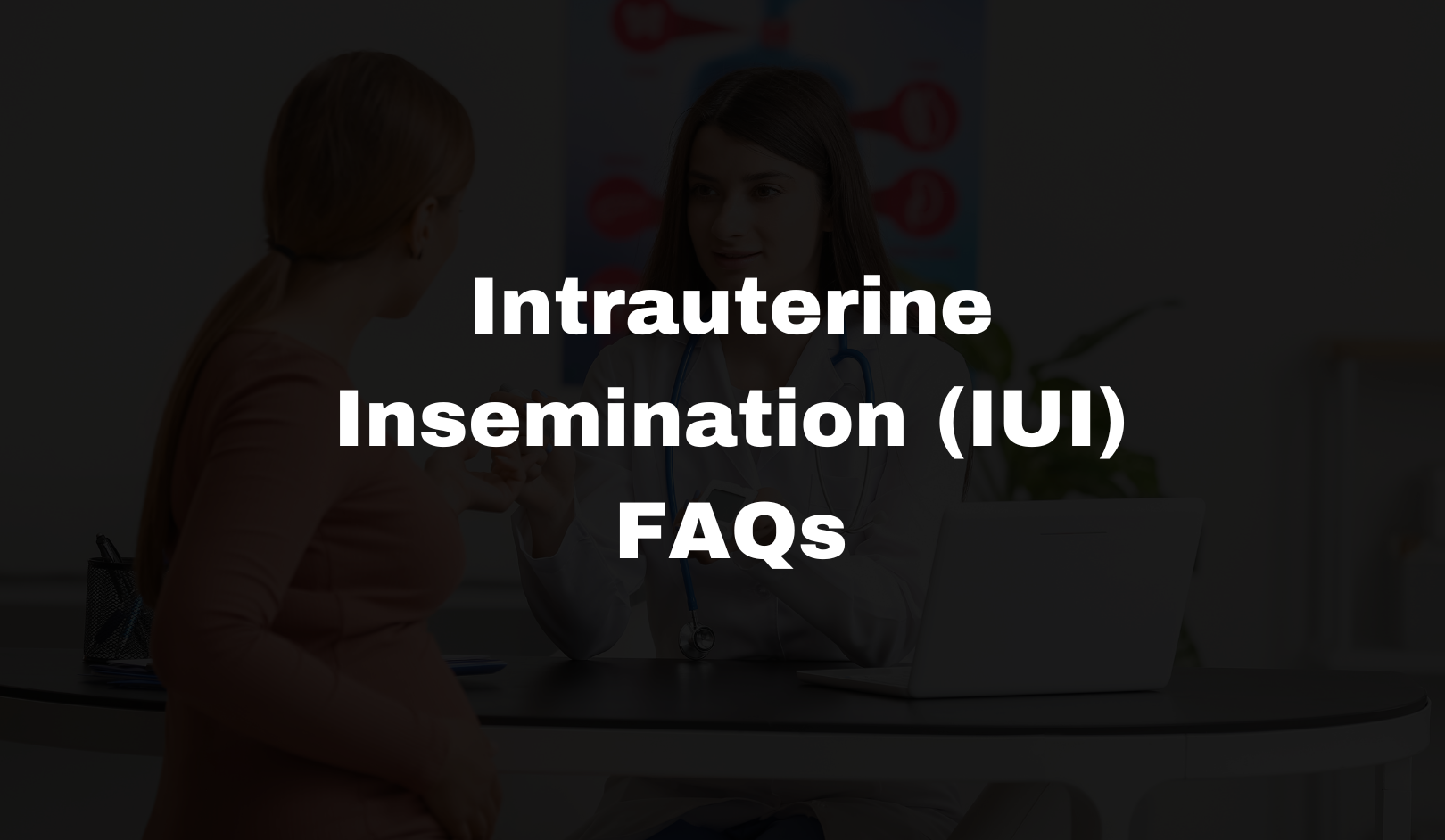Intrauterine Insemination (IUI) is a fertility treatment where sperm is directly injected into the uterus during ovulation to increase the chances of conception. It's a minimally invasive procedure often used to address low sperm count, motility issues, or unexplained infertility.
1. What is IUI?
- Intrauterine Insemination (IUI) is a fertility treatment where sperm is directly placed into the uterus to increase the chances of fertilization.
2. How does IUI work?
- During IUI, sperm is collected, processed, and then injected into the uterus using a thin catheter around the time of ovulation.
3. What are the indications for IUI?
- IUI is often recommended for low sperm count or motility, unexplained infertility, cervical mucus problems, or mild endometriosis.
4. What are the success rates of IUI?
- Success rates vary based on factors like age, fertility issues, and overall health. Dr. Parul Aggarwal’s clinic boasts high success rates due to personalized care.
5. How many IUI cycles are typically needed?
- The number of cycles required depends on individual circumstances. Some couples may conceive within a few cycles, while others may need more.
6. What is the preparation process for IUI?
- Preparation includes ovarian stimulation with medication if needed, monitoring ovulation, and preparing the sperm for insemination.
7. Is IUI a painful procedure?
- The IUI procedure is generally quick and minimally invasive. Most patients experience only mild discomfort or cramping.
8. How long does the IUI procedure take?
- The procedure itself usually takes about 15-20 minutes.
9. What are the potential side effects of IUI?
- Side effects are generally minimal but may include mild cramping, spotting, or bloating.
10. Can IUI be combined with fertility medications?
- Yes, IUI is often combined with fertility medications to enhance the chances of success by stimulating egg production.
11. How should I prepare for an IUI procedure?
- Follow Dr. Aggarwal’s instructions, which may include taking prescribed medications, monitoring ovulation, and avoiding strenuous activities.
12. What happens during the IUI procedure?
- Sperm is inserted into the uterus using a thin catheter. The procedure is typically done in a doctor's office and does not require anesthesia.
13. What should I expect after the IUI procedure?
- After the procedure, you may experience mild cramping or spotting. Dr. Aggarwal will provide instructions on post-procedure care.
14. When can I take a pregnancy test after IUI?
- Pregnancy tests are usually taken about two weeks after the IUI procedure. Dr. Aggarwal will guide you on the best time to test.
15. What if the IUI cycle is unsuccessful?
- If an IUI cycle is unsuccessful, Dr. Aggarwal will discuss next steps, which may include additional cycles or exploring other fertility treatments.
16. How can lifestyle factors affect IUI success?
- Lifestyle factors such as diet, exercise, and avoiding smoking or excessive alcohol can impact IUI success. Dr. Aggarwal provides guidance on optimizing your health.
17. Are there any risks associated with IUI?
- Risks are minimal but may include ovarian hyperstimulation syndrome (OHSS) if fertility medications are used. Dr. Aggarwal monitors closely to minimize risks.
18. What is the cost of IUI treatment?
- The cost varies based on individual treatment plans and additional procedures or medications. Dr. Aggarwal’s office provides detailed information on costs.
19. How can I schedule a consultation with Dr. Parul Aggarwal?
- You can schedule a consultation by contacting Dr. Aggarwal’s clinic directly via phone or online through their website.
20. What sets Dr. Parul Aggarwal apart from other IUI specialists?
- Dr. Aggarwal is known for her extensive experience, personalized care, high success rates, and state-of-the-art facilities, making her a leading choice for IUI treatment in Noida.

